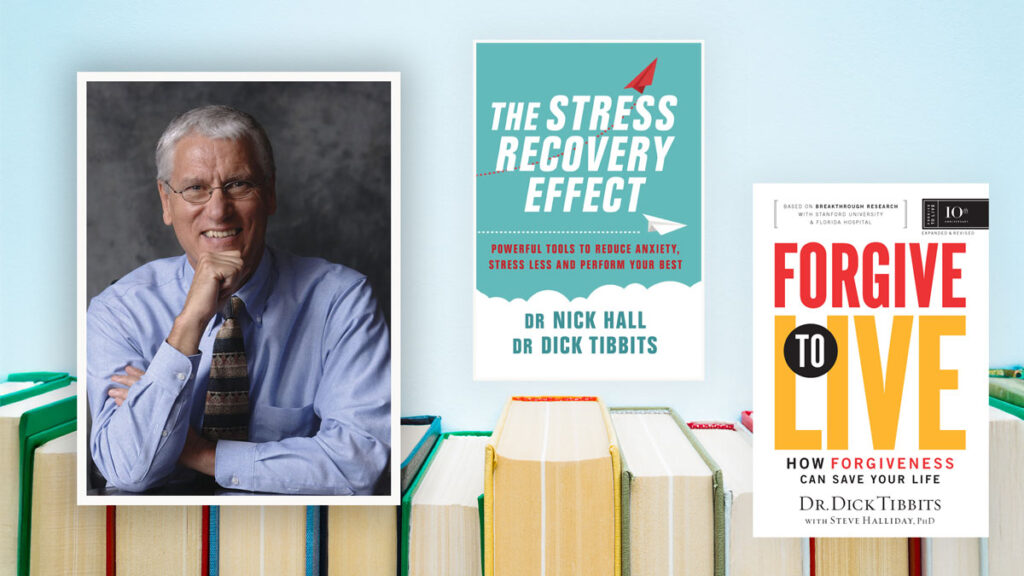Having spent more than 20 years working and studying in the field of Public Health and Epidemiology, I have been disheartened by the foothold that anti-vaccination and anti-vaccination mandate ideologies have taken within some spheres of the Adventist church community. As a denomination, we have placed great importance on the proclamation of the health message for more than 150 years. We have prided ourselves on our healthy lifestyles, with abstinence from tobacco, alcohol and illicit drugs a cornerstone of most church members’ lives.
This stance has always been aligned with the principles of public health, with prevention of disease being preferable to cure—and much less costly. This is further underlined by the many health programs that have been conducted at the local church and conference level, including CHIP, the Live More project and countless smoking cessation programs. But, with our relative freedom from infectious diseases in Australia over the past 60 years, we seem to have become complacent.
As Dan Buettner highlighted in his National Geographic report in 2008, the Adventist lifestyle has proven highly successful in lowering rates of chronic disease and extending life. But what appears to be missing from recent debates is an awareness of the stark differences between infectious disease epidemiology and chronic disease epidemiology. A healthy lifestyle offers little to no protection against contracting an infectious disease. This is particularly true of a silent disease like COVID-19, which can be passed on by an asymptomatic carrier unaware they are infectious. While individuals might feel they are at a lower risk of severe disease because of their healthy lifestyle, this will not prevent them becoming transmitters of this disease.
Vaccination against COVID-19 has been shown to not only reduce the risk of serious disease and death,1 but to also reduce the transmission of disease.2 For these simple evidence-based scientific reasons, Adventists should be at the forefront of encouraging vaccination! As an organisation that works closely with vulnerable populations in our aged-care facilities, hospitals, schools and community centres, it is disappointing that we would need mandatory vaccination requirements to encourage our staff or visiting church members to be vaccinated.
Wanting to be welcoming, some churches are seeking to include vaccinated and unvaccinated people equally in worship and other programs. This sounds noble, but ignores the fact that this stance will exclude or risk the health of those who are immune-compromised, in higher risk demographics—including the youngest and oldest—or who work in critical healthcare settings. They do not choose their risk status; almost all of those who are unvaccinated do.
The biblical principles of humility and care for others seem to have been lost with a focus on “my rights”. When did we become a self-centred group of people more concerned with our own perceived loss of “liberty” than with looking after our fellow humans, even our fellow church members? Are we so keen on “persecution” that we are seeking it out unnecessarily, risking not only our jobs but also risking our ability to serve in our community, our health and that of those around us?
By contrast, we have a clear direction to look after the vulnerable among us (see Psalm 68:5; Matthew 25:31–46; 1 Timothy 5). One of the best ways for us to do this during a global pandemic is by vaccination. We believe that “greater love hath no man than this, that a man lay down his life for his friends” (John 15:13, KJV). We are not being called to lay down our lives, simply to be vaccinated. A sore arm is a small sacrifice. In many ways and in varying degrees, there’s no doubt that the past two years have been challenging for everyone, and lockdowns have had a huge impact on mental, social and spiritual wellbeing. The quickest way for us to address this situation is to be the champions for public health that we have been for the past 150 years. This includes support and acceptance of vaccinations, as we have done in response to many infectious diseases in the past.
Nathan Dunn is a biostatistician and former public health epidemiologist from Eight Mile Plains church in Brisbane, Qld.






